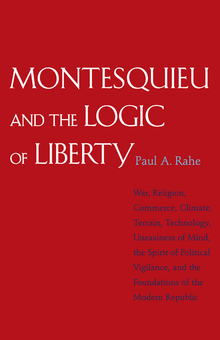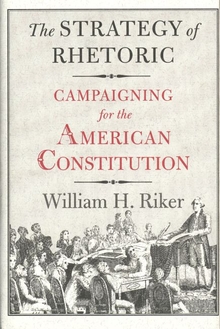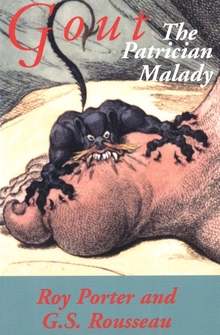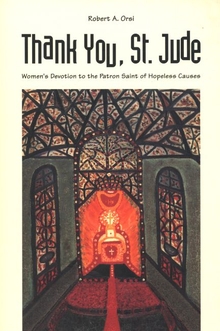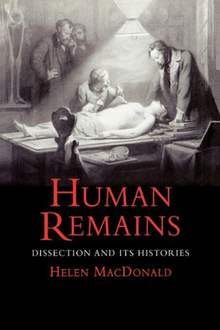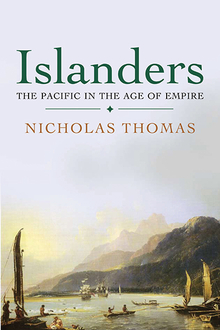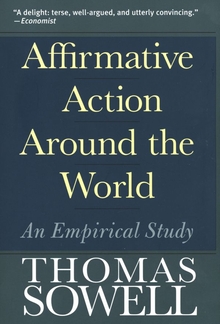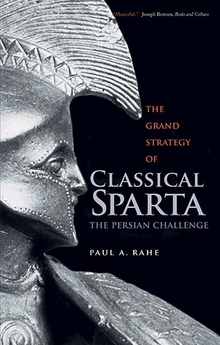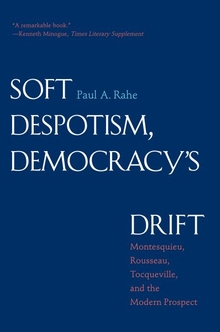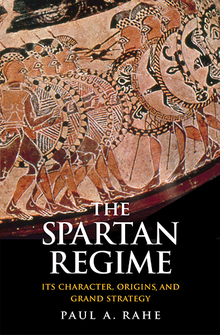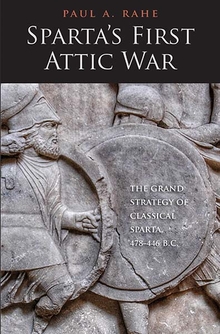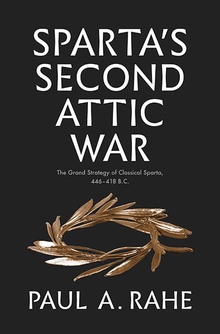Montesquieu and the Logic of Liberty
WARNING
You are viewing an older version of the Yalebooks website. Please visit out new website with more updated information and a better user experience: https://www.yalebooks.com
War, Religion, Commerce, Climate, Terrain, Technology, Uneasiness of Mind, the Spirit of Political Vigilance, and the Foundations of the Modern Republic
Paul A. Rahe
This fresh examination of the works of Montesquieu seeks to understand the shortcomings of the modern democratic state in light of this great political thinker’s insightful critique of commercial republicanism.
The western democracies’ muted response to victory in the Cold War signaled the presence of a pervasive discontent, a sense that despite this victory liberal democracy itself was deeply flawed. Paul A. Rahe argues that to understand this phenomenon we must re-examine—starting with Montesquieu—the nature of liberal democracy, its character, and its propensities. In a brilliant exposition of the works of Montesquieu Rahe identifies the profound sense of uneasiness fostered by the modern republic as a source of weakness and as the principal cause of the present discontents.
‘This is a beautifully crafted, erudite work that stimulates thought, challenges old views and invites us to heed the dangers implicit in what might disarmingly appear to be a triumphant and safe liberal democratic market order.’—Susan Saunders Vosper, Times Higher Education Supplement
"Montesquieu and the Logic of Liberty has put the term to that question of Montesquieu the secular modernist. It is a compelling and masterful work, in which Paul Rahe has completely conceptualized the contemporary discourse in the form of a comprehensive interpretation of Montesquieu, graced with elegant historical awareness, and a compelling defense of its continuing relevance. This is a must read!"—W. B. Allen, author of Rethinking Uncle Tom: The Political Philosophy of H. B. Stowe
“Erudite, nuanced and provocative. This is a powerful book that will make a lasting impression. Rahe presents a daring new interpretation suggesting Montesquieu’s lack of confidence in monarchy’s future. He also focuses on previously ignored texts that elucidate Montesquieu's motives in all three of his major works. A must read for anyone interested in French and English constitutional history and in the prospects for liberty in modern, republican regimes.”— David W. Carrithers, University of Tennessee at Chattanooga
‘This is a beautifully crafted, erudite work that stimulates thought, challenges old views and invites us to heed the dangers implicit in what might disarmingly appear to be a triumphant and safe liberal-democratic market order.’ — Susan Saunders, Times Higher Education, 23rd February 2010
Publication Date: August 31, 2010

